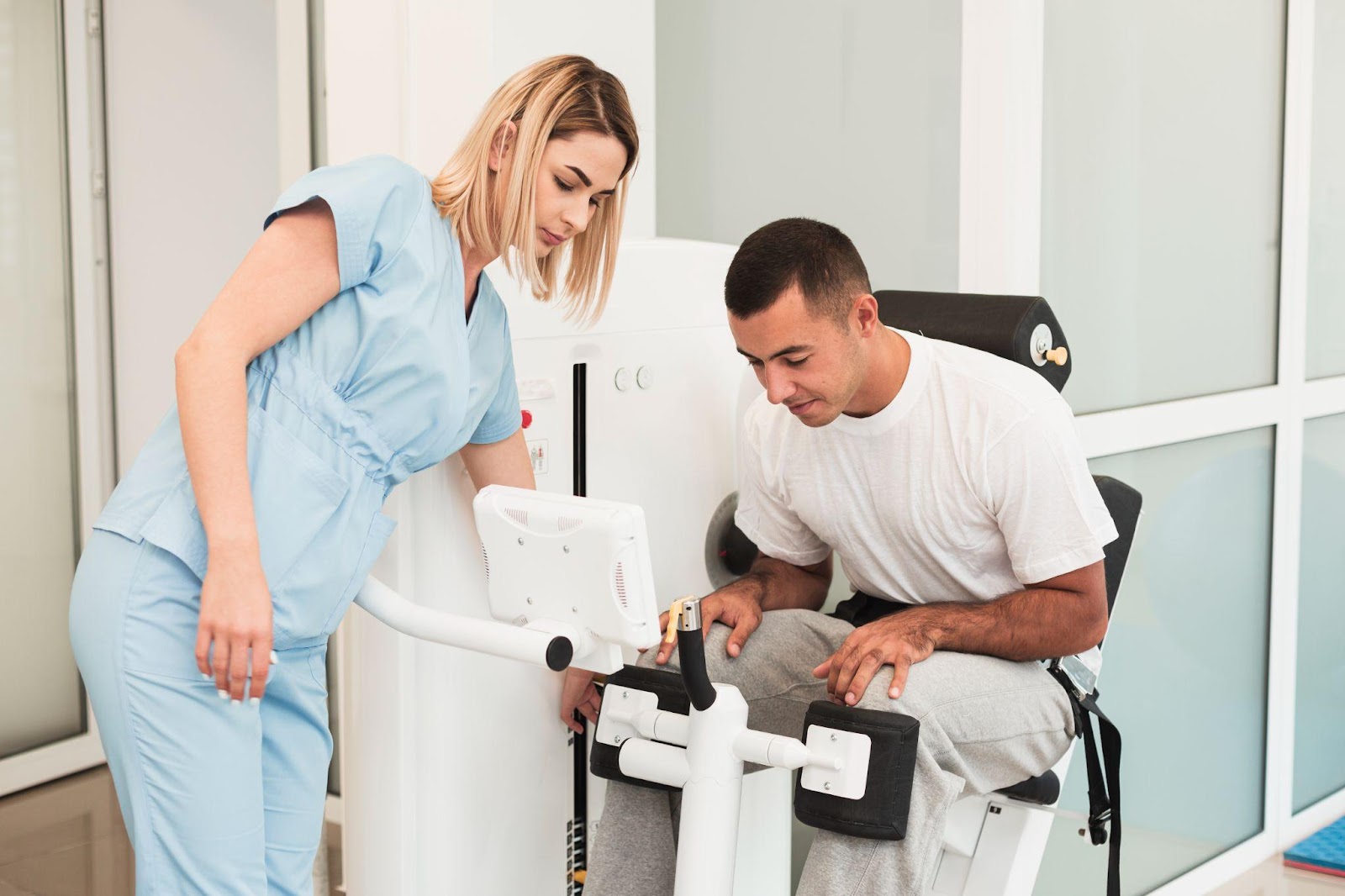Understanding ADHD and the Importance of Early Testing
Attention Deficit Hyperactivity Disorder (ADHD) is a common neurological disorder that affects children and adults worldwide. Recognizing the signs early and obtaining an accurate diagnosis is crucial for managing symptoms effectively. This is where an ADHD test plays a vital role.
The Critical Role of ADHD Testing
ADHD can manifest in various forms, including inattention, hyperactivity, and impulsivity. However, these symptoms can sometimes be mistaken for other issues, making an accurate diagnosis challenging. An ADHD test is designed to differentiate ADHD from other behavioral and psychological conditions. By assessing the individual’s behavior across different settings, the test provides a comprehensive look at the symptoms and their impact on daily life.
Conducting an ADHD test involves a series of evaluations, including but not limited to clinical interviews, behavioral assessments, and sometimes neuro-psychological tests. These assessments are crucial as they help in tailoring interventions that address the specific needs of the individual.
Early Diagnosis: A Pathway to Better Management
Early diagnosis through comprehensive testing can significantly improve the quality of life for individuals with ADHD. It allows for the implementation of management strategies such as behavioral therapy, educational accommodations, and, if necessary, medication. Early intervention also helps in mitigating the risk of co-occurring conditions such as anxiety or depression, which can complicate ADHD.
Moreover, understanding one’s ADHD through testing can foster better self-awareness and self-esteem. It often provides a relief to individuals and families, as they understand that the challenges they face have a name and a management plan.
Beyond Diagnosis: The Role of Rehabilitation Centers
While diagnosing ADHD is a critical first step, ongoing support and intervention are essential. This is where rehabilitation centers come into play. A rehabilitation center is not only for addiction recovery but also offers programs that help individuals with various psychological conditions, including ADHD, to improve their coping mechanisms and overall mental health.
Rehabilitation centers provide structured environments where individuals can learn practical skills to manage their symptoms effectively. These centers often employ a multidisciplinary approach involving psychologists, psychiatrists, and other healthcare professionals who work together to provide personalized care.
Tailored Programs at Rehabilitation Centers
At a rehabilitation center, individuals with ADHD can benefit from tailored programs that focus on behavioral therapy, skill development, and sometimes medication management. These programs are designed to help individuals develop skills that improve focus, organizational abilities, and interpersonal relationships.
Furthermore, many rehabilitation centers offer support groups and family therapy sessions, which are invaluable in helping both the individuals and their families understand ADHD better and develop strategies to support each other.
Conclusion
ADHD is a complex disorder that requires a nuanced approach to diagnosis and management. An ADHD test is the cornerstone of understanding and managing ADHD effectively, ensuring that individuals can lead productive and fulfilling lives. Meanwhile, rehabilitation centers play a crucial role in providing ongoing support and intervention, helping individuals navigate the challenges of ADHD with comprehensive care and support.
By addressing ADHD with the appropriate testing and support systems, individuals can harness their unique strengths and minimize the difficulties associated with the disorder. This dual approach not only improves individual outcomes but also enhances societal understanding and support for those affected by ADHD.




